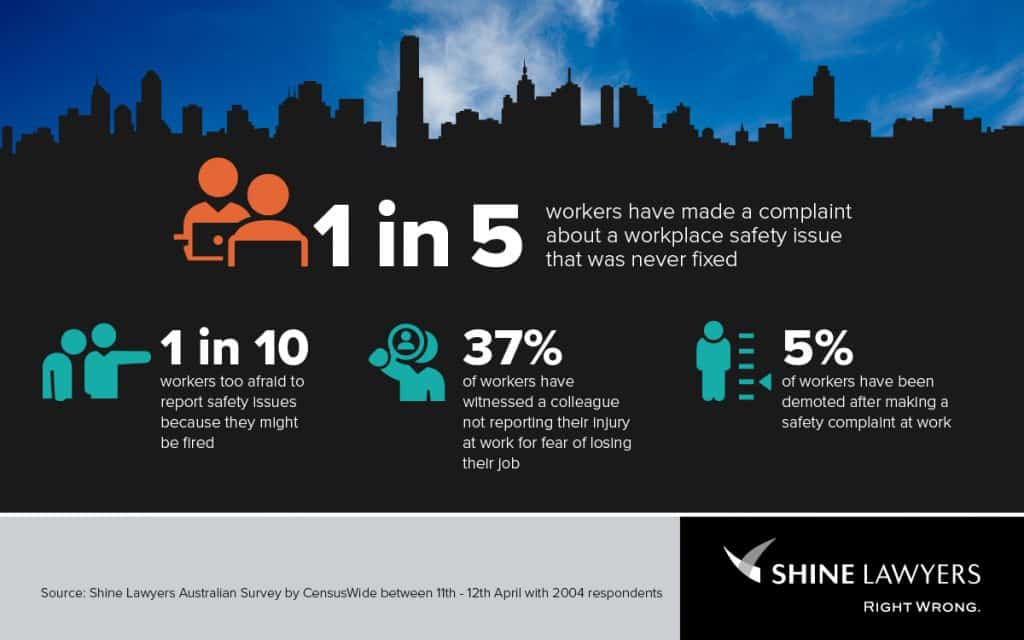 The Australian media on May 16 and 17, 2018 contained several articles about the dropping of a blackmailing case against two prominent trade unionists, John Setka (pictured right) and Shaun Reardon. There are many issues and allegations in this legal action which started from a contentious Royal Commission and an ongoing dispute between the CFMMEU and the Grocon construction company.
The Australian media on May 16 and 17, 2018 contained several articles about the dropping of a blackmailing case against two prominent trade unionists, John Setka (pictured right) and Shaun Reardon. There are many issues and allegations in this legal action which started from a contentious Royal Commission and an ongoing dispute between the CFMMEU and the Grocon construction company.
Some unionists, such as the ACTU Secretary, Sally McManus on ABC Radio, say that the current case was “all about safety”. It is not all about safety and such misrepresentation needs to be called out. The original dispute was over the election of Health and Safety Representatives (HSR) – whether these could be appointed by the company or the union. This quickly became about power and influence not specifically about workplace health and safety.
There is no doubt that Setka has a

 The primary occupational health and safety (OHS) duty rests with employers or, as they are known in most Australian jurisdictions, Persons Conducting a Business or Undertaking (PCBU). Laws are based on an assumption that employers are aware of this duty and that this duty, to provide a safe and healthy work environment without risks to health, reflects the employer’s social position and social responsibility or the company’s “
The primary occupational health and safety (OHS) duty rests with employers or, as they are known in most Australian jurisdictions, Persons Conducting a Business or Undertaking (PCBU). Laws are based on an assumption that employers are aware of this duty and that this duty, to provide a safe and healthy work environment without risks to health, reflects the employer’s social position and social responsibility or the company’s “ There seems to be a growing community frustration with regulators who hesitate to prosecute about breaches of laws, including occupational health and safety (OHS) laws, and about options that sound reasonable, like
There seems to be a growing community frustration with regulators who hesitate to prosecute about breaches of laws, including occupational health and safety (OHS) laws, and about options that sound reasonable, like  Excessive workplace stress in the medical profession is well documented but stress is often seen as a minor workplace hazard that is fairly easily dealt with by holidays, for instance, or is dismissed as an “occupational hazard” or part of the entry to the profession or just part of the culture, with the implication that nothing can change. Only recently have
Excessive workplace stress in the medical profession is well documented but stress is often seen as a minor workplace hazard that is fairly easily dealt with by holidays, for instance, or is dismissed as an “occupational hazard” or part of the entry to the profession or just part of the culture, with the implication that nothing can change. Only recently have 

